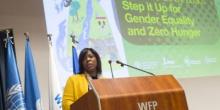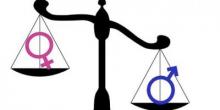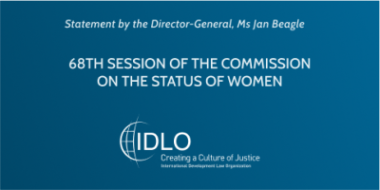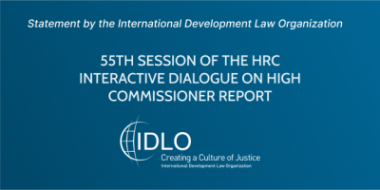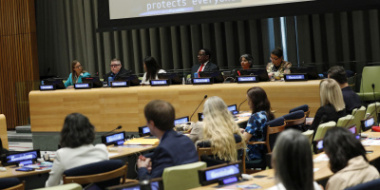Strengthening Women's Customary Land Rights
In Burundi, land tenure registration is the primary way for the government to deal with the large number of land disputes across the country. A series of pilot programs aimed at resolving land rights issues have been initiated in recent years. To date, however, it is unclear whether these pilot programs have had their intended effect of reducing the number of land disputes.


